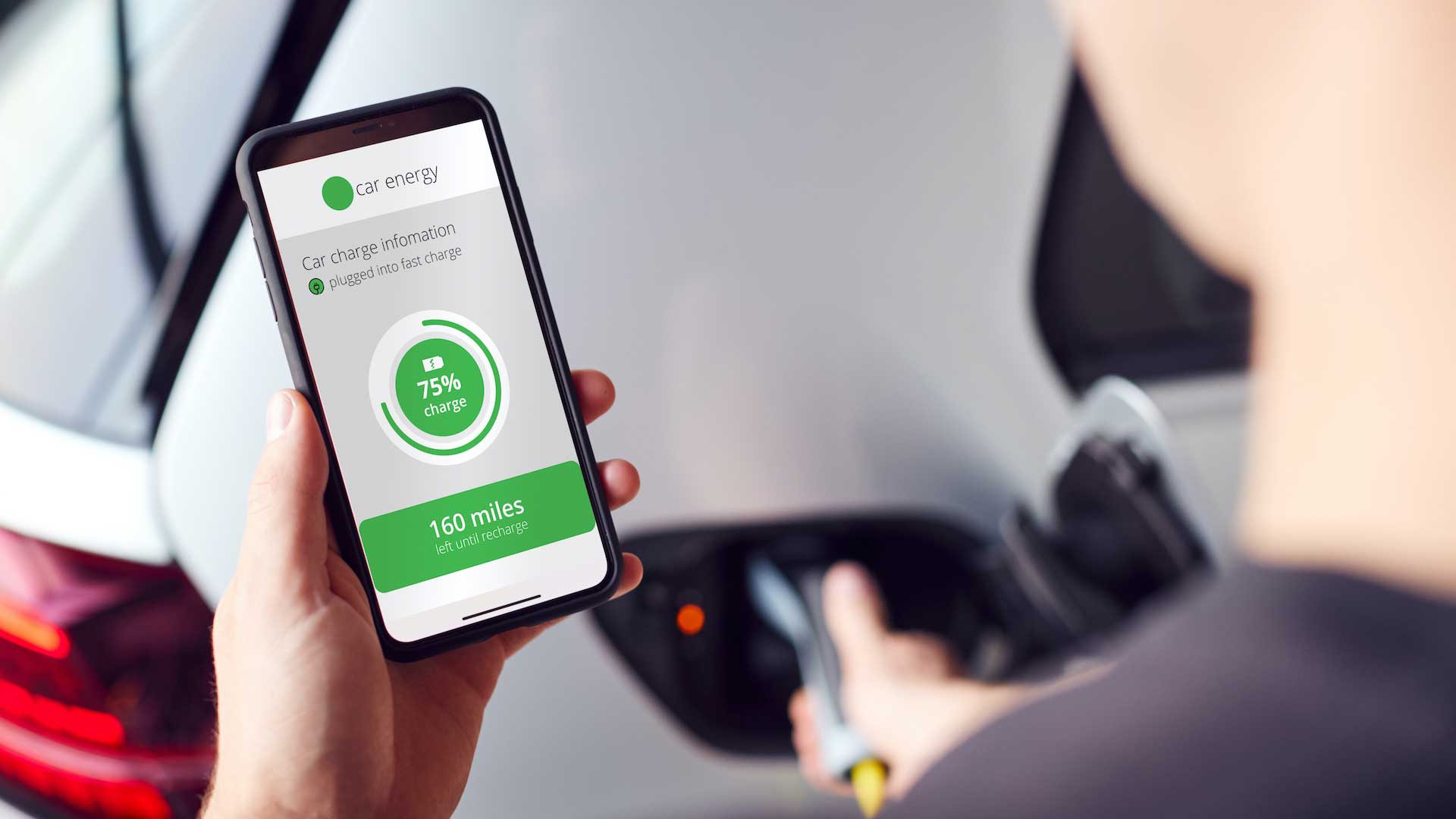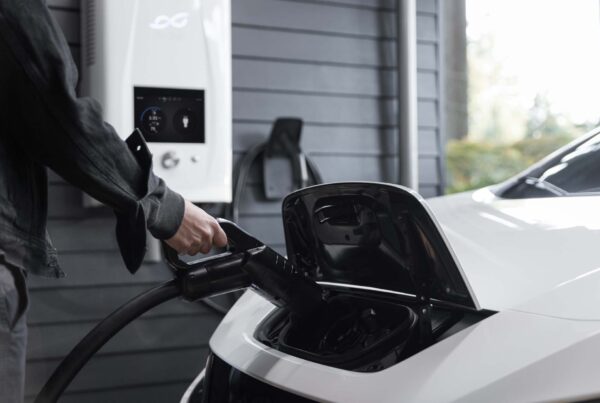When considering the cost of charging your electric vehicle at home, it’s important to keep in mind that you aren’t going to have the fuel costs that you would with a conventional vehicle. In recent years, gas prices have ranged everywhere from $1.50 to $4 a gallon. The U.S. Department of Energy estimates that households are spending as much as $1,500 a year on average to fuel the family car.
Those aren’t the only cost savings. AAA estimates the average cost of an automotive repair runs from $500 to $600 any time the car goes into the shop. But, research by Consumer Reports has found that EVs, which have fewer mechanical parts and break down less frequently, cost their owners half as much to keep in repair and on the road, saving an estimated $4,600 over the lifetime of the vehicle.
All EV vehicles come with the capability of simply plugging them into any wall outlet, known as Level 1 Electric Vehicle Service. But, Level 1 charging typically takes about 13 hours for most vehicles to charge and sometimes considerably longer, depending on how great the capacity. For that reason, the majority of EV owners opt to install a Level 2 charging station, which usually reduces the charge time to less than 4 hours for most EVs.
The costs of charging your EV can be divided into two categories: initial costs for installation of a Level 2 Electric Vehicle Service Equipment (EVSE) and the cost of charging your vehicle on a regular basis.
The cost to install a charging station at home can vary, both for the labor as well as the equipment. A lot will depend on your current setup and the type of charger you choose.
Installation
At minimum, you’ll need a 240-volt outlet. If you don’t already have one, you can expect it to cost around $300 for an electrician to come out and install it. You’ll also need to ensure there is available dedicated electrical circuit of 20 to 100 amps.
The actual EV charger also varies in price, starting at about $300 for a portable quality charger all the way up to $1,000 or more. Higher-end units come with more features, such as detailed digital readout, WiFi connection and companion apps. Units that are hard-wired also tend to be more costly than portable units. You will also have additional costs for those types of units to be professionally installed.
Combining the costs of equipment and installation, your costs could be as little as $500 or run as high as $2,000, if you need to upgrade your home’s electrical system and if you choose higher-end charging equipment. Depending on local regulations, you may have permitting costs as well. Be sure to get estimates, and preferably quotes, on installation before moving forward.
Once you’ve shouldered the upfront costs for installing your EV charging station, your other costs are the ongoing need for charging your vehicle.
Energy costs
The Department of Energy’s Office of Energy Efficiency & Renewable Energy states that based on a national average of about 12.6 cents per kilowatt hour, fully charging any electric vehicle with a minimum range of 100 miles would be about equal in cost to operating a central air conditioning unit for about six hours. Your costs and comparisons may differ, based on the cost of electricity in your area. That estimate assumes the vehicle’s battery is completely depleted at the time charging is initiated. If you plan to charge at night, it’s possible it could cost you less if your utility offers reduced rates for off-peak hours.
Offsetting Out of Pocket Costs
While EV owners stand to save considerably on fuel costs and repairs over the lifetime of their vehicles, the upfront costs for EV home charging stations, installation costs and increased purchase price can be substantial. Those hits to your pocketbook can be eased somewhat once you’ve factored in federal, state and local EV tax credits and other incentives, so educate yourself about what incentives may be available. Keep in mind, however, that while benefits like the federal tax credit can run as high as $7,500, not all credits apply to all buyers and some tax credits have begun to sunset.





